How to grow cucumber seedlings?
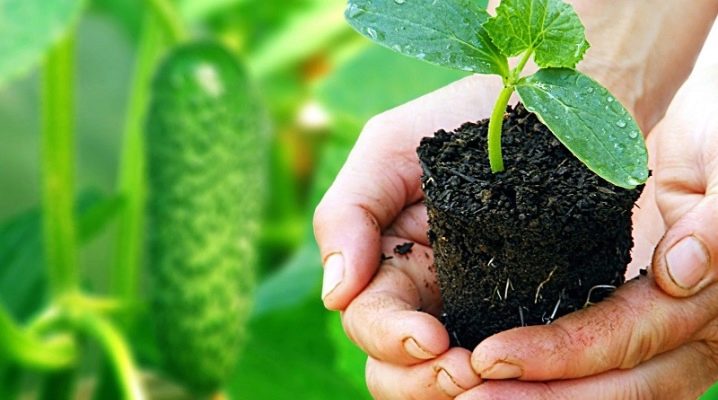
In our country, cucumbers are a popular and often grown crop, which is popular not only among seasoned gardeners, but also among beginners. To harvest early, to increase fruiting, use the seedling planting method.
If you form it at home, and then plant it in open soil, the result will be more effective. Such cucumbers grow stronger, bear fruit faster and more actively.
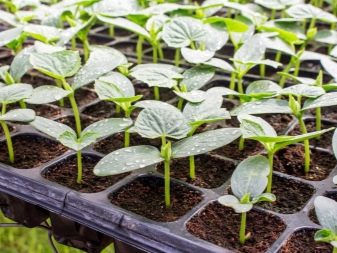
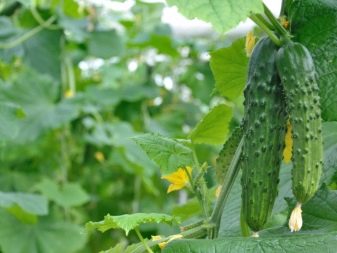
Timing
Seedlings of cucumbers are grown without problems at home on the windowsill, but you need to decide on the timing. The planting period is determined by the approximate date of the desired harvest. Do not forget that seedlings that have already passed their optimal age take root worse - you should not overexpose them. Seedlings harden and mature at different times - from three weeks to 30 days.
Individual varietal, hybrid characteristics of a particular variety are also taken into account. Growth is often very fast, early seedlings can be planted after two weeks. Decide on the following nuances:
- harvest date;
- growing region, climate;
- place of growth.
If in the southern regions sowing can be carried out in January and February, then in the Siberian regions the term is shifted to spring - March-April. It is also important to take into account the degree of development of the seedlings. You can land when:
- the root system is fully formed;
- leaves have a dense structure and dark green color;
- stems are strong with short internodes.
It should also take into account where the seedlings are transplanted, the timing varies on this basis.

For greenhouse
If the greenhouses are heated, the timing, in principle, is not important, you can grow a crop in any season. If the greenhouse is not heated, then it is worth counting a couple of weeks from the proposed planting in the ground. In Siberia, for example, the sowing time is mid-March, in the south it is January-February.
For open ground
It all depends on the weather conditions, until the frost has finally stopped, the transplant cannot be carried out. The soil should not only defrost, but also warm up to 15 ° C, and the air temperature should be around 20 ° C.
As a rule, this is May-June when it comes to cold regions. In any case, the defining moment is the climate of the region where the culture is planted. The sowing date of seedlings is counted in the reverse way.
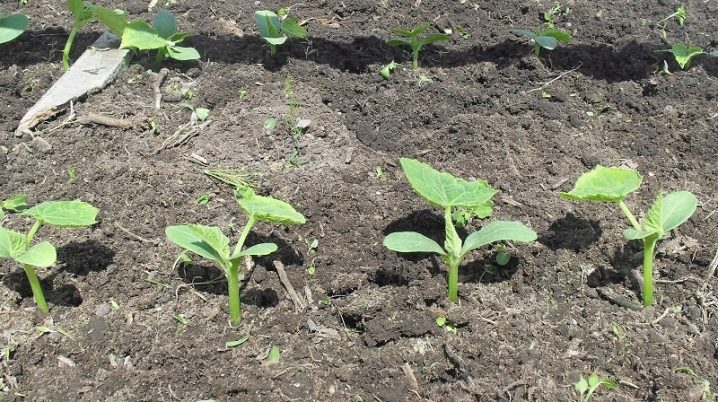
Planting process
Planting seeds using the seedling method has its advantages:
- fruiting times increase significantly;
- harvest even in harsh regions is guaranteed;
- fruits begin to ripen earlier.
But for the result to be like this, you need to prepare and do everything right. Sowing, soil, processing - all this has its own characteristics, cucumbers are considered a very delicate crop. To begin with, prepare the earth and containers, the requirements for the soil are as follows:
- this culture needs a light type of soil, but rather moisture-consuming;
- a good level of air permeability should be ensured, drainage should be prepared;
- minerals and organics must be present in optimal quantities.
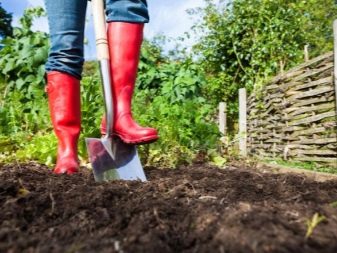
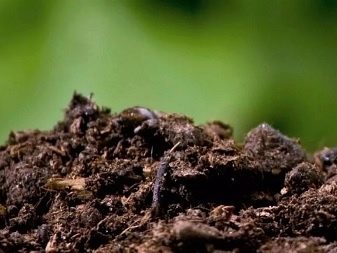
You can purchase a suitable soil mixture that has already been disinfected at specialty stores. But experienced gardeners prefer to prepare and process the soil on their own. It is composed of the following elements:
- high-moor peat;
- sand;
- leaf type land;
- matured compost.
Peat can be excluded if it is not available.A mixture of this type must be disinfected; this is done with steam, calcining or freezing. After these procedures, the soil mixture is replenished, this is necessary so that the root system forms quickly, and mold and fungi do not develop. For 1 bucket of soil mixture you will need:
- ash - 1 glass;
- phosphorus supplement - 2 tbsp. l .;
- nitrophoska - 3 tbsp. l .;
- "Fitosporin", "Trichodermin" - for treatment with fungicides.
After that, the seed is prepared, the technology of this process is very important. If you prepare seeds with violations, this will affect the health and strength of the plant, the timing of pecking will shift. Planting material is stored for up to 10 years, but the very peak of germination falls on four-year-old seeds.
If you collect seeds yourself, keep in mind that one-year-olds will not bring a large harvest, and varietal options will repeat the yield of the year they were harvested.
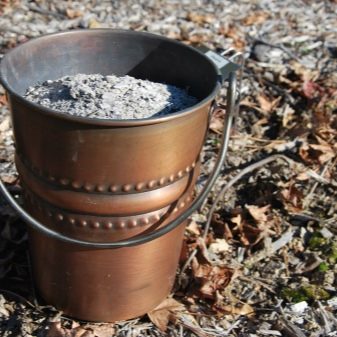
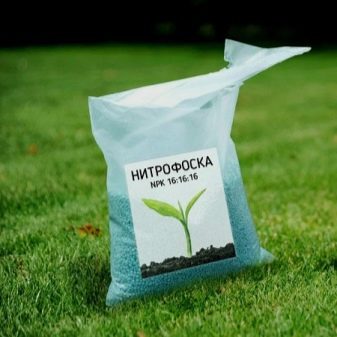
Purchased material has already been processed, but self-harvested seeds need help and several procedures:
- disinfection in manganese solution;
- soaking in any environment before pecking;
- hardening procedures in a refrigerator or other place at 0 ° C;
- bubbling material over 6 years old.
Step by step sowing instructions:
- first you need to fill the planting containers with soil on the drainage layer, the depth of the soil is about ⅔ of the entire container;
- the soil is thoroughly moistened, all excess water is allowed to leave, the soil is generously nourished;
- you need to plant seeds in a wet type of soil, which crumbles and does not stick to your hands;
- seeds are placed in the middle of the container, it is not worth deepening them, it is enough to sprinkle it with earth, tamp it with your finger;
- the soil is watered again, covered with polyethylene and placed in a room with a temperature of 16 to 20 ° C.
After planting, enough airing and light watering - until shoots appear. Then agricultural technology changes.
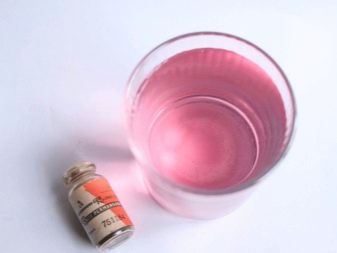
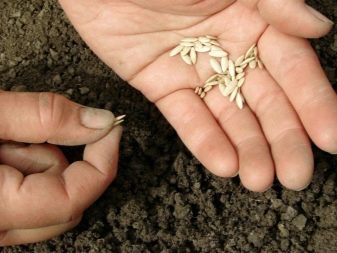
Growing methods
It is very important to plant cucumbers correctly in a seedling way, but it is also necessary to correctly grow seedlings. You can sow cucumbers at home in different containers, there are many ways of landless cultivation. In an apartment, these methods are in great demand, since they are simpler, there is no excess dirt, dust. Landless planting variation guarantees good protection from the black leg, the plant will be completely free from the threat. Cucumber seedlings are planted on toilet paper, isolone or polyethylene:
- the bases of the tape type are laid out, a certain number of layers of paper soaked in water and "Epin" are placed on them;
- seed material is placed on top;
- the top is covered with paper, slightly moistened and wrapped with a "snail";
- the roll is inserted into a container with water so that the moisture is at a sufficient level;
- this construction is covered with polyethylene for moistening on the wicks;
- when the first sprouts appear, "snails" with wicks are transferred to a warm, well-lit area.
There are many other successful seed planting methods.
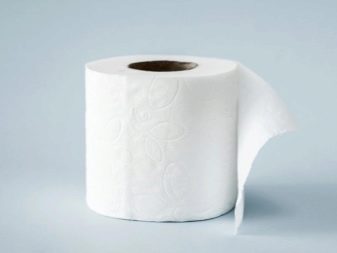
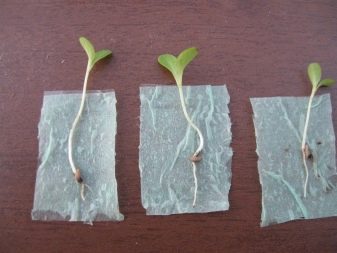
In peat tablets
You will need a plastic container in which the tablet is placed. The thickness of the latter varies from 5 to 8 mm. Watering is carried out when the tablet swells, the remaining excess moisture is removed. A depression is formed in the center of the tablet, into which the seed is placed. Sprinkle it on top with peat and humus.
After that, the container is covered with polyethylene and removed to a warm place. It is important to lift the film after sprouting and add water in time. The tablet mesh that holds the peat filling can break. In this case, the seedlings need to be transplanted, the mesh is removed, and the soil is introduced. Before disembarking to a permanent place, the mesh is cut off.
In shell
This growing method is considered the most extraordinary, it is important to collect the shell in advance and choose the containers in which it will be placed. An egg tray or box will perfectly fulfill this role. It is necessary to form a hole in each shell to remove moisture, this can be done with an ordinary awl.The shell must be thoroughly washed and disinfected before the procedure, then it is filled with soil mixture.
On the outside of the shell, you can write the planting date, variety name. After placing the material in the ground, it is covered with polyethylene and placed in a warm place. Provide ventilation and humidification every day as needed. When landing in a permanent place, the shell is broken in the palm of your hand and placed in a prepared hole along with the ground. Shell calcium is an additional fertilizer.
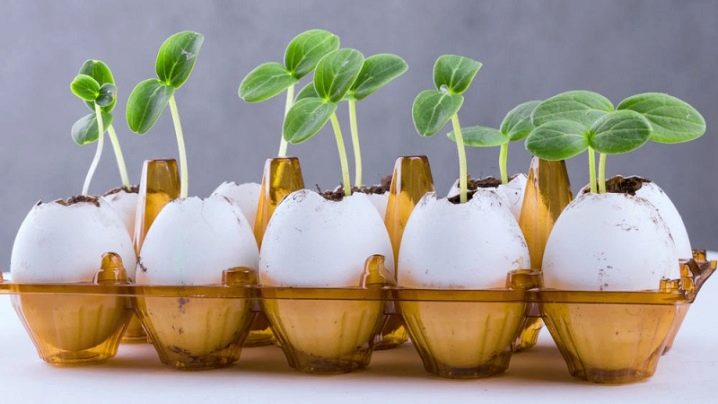
In peat pots
Special pots are sold in stores, they are filled with soil mixture and 2 seeds are placed in the center. They are sprinkled with sand or soil, tamped without fanaticism and moistened. Before the seedlings appear, the pots must be covered with foil.
In cups
Any plastic containers from which the bottom is removed will do. Glasses are placed on a special pallet, soil is poured inside, 2 seeds are placed in each container. When they sprout, you will need to remove unhealthy and weak sprouts. Deepening is carried out about one and a half centimeters, then everything is sprinkled with soil in a small amount.
It is necessary to spray the ground with water from a spray bottle, cover it with polyethylene and put it in a warm room. When the seeds sprout, the film is removed. The seedlings are planted in a permanent place by transshipment. The bottom is folded back, a lump with soil is pushed out and sent to a moistened hole.
In sawdust
The soil mixture is successfully replaced by sawdust when growing seed material. They should be small, this method has a number of advantages. For example, the root system forms faster and stronger, and planting in the ground does not cause problems. You need to take a plastic container with drainage holes and pour sawdust into it. Layer thickness - 5 cm.
After that, they are poured with hot water - boiling water. The seeds are placed on top, sprinkled with a 1.5 cm layer of similar material. It also needs to be steamed first. Then the container is closed with polyethylene and placed in a warm place.
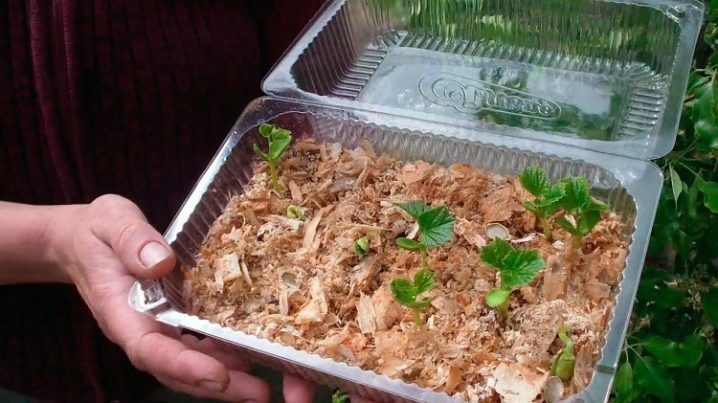
Care
Regardless of the method of sowing, as soon as the cotyledon-type leaves appear and open, you need to reduce the air temperature to 21 ° C in the daytime, at night - to 16 degrees. It is very important to care for the seedlings before transplanting. To grow strong bushes, it is usually enough to feed them after germination, water them and monitor the lighting.
Watering
When the shoots appear, you do not need to moisten them right away, you should wait 5 days. Use settled water at room temperature, cucumbers do not tolerate cold liquid. To ensure accurate, high-quality watering, use a dropper, syringe, spoon, or watering can without a nozzle. It is important to irrigate the container from the edges without affecting the plants themselves.
Moderate moistening and draining of water from the drainage holes will ensure good development of the seedlings. When the seedlings grow up, they are fed with water using a pan. After each procedure, you need to loosen the soil and mulch with dry sand.
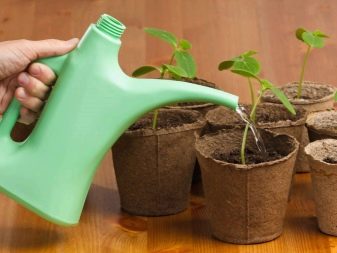
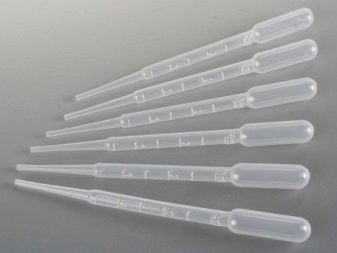
Lighting
When the seedlings grow in mass, they must be placed in an area with sufficient illumination. If there is little light, you will need a phytolamp illumination, and the containers are placed at a distance from each other, avoiding thickening. Cucumbers are very fond of light, so they need long daylight hours for active growth. But it is important to provide protection from direct sunlight, otherwise burns cannot be avoided.
The optimal light is diffused; you can organize it with the help of a tulle curtain. Daylight hours of more than 10 hours guarantee rapid growth of seedlings, but if it is shorter, the plants will begin to wither and turn pale.
The lamp must be turned on in the morning and in the evening, when there is little light, the lighting devices are located at least 5 cm above the sprouts, and at most 10 cm.
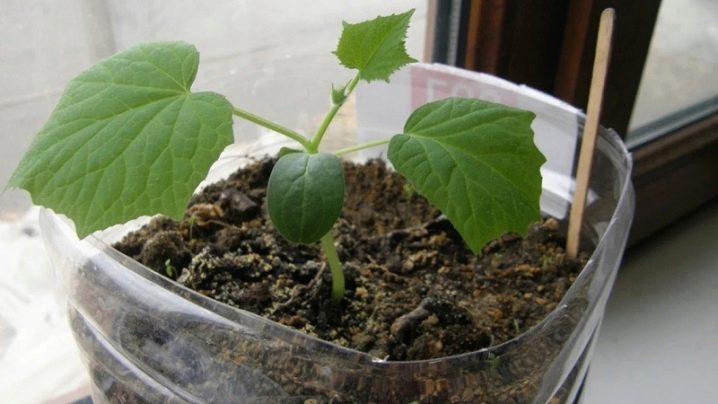
Top dressing
Despite the introduction of minerals and organics during planting, watering and lighting in sufficient quantities, the seedlings can still wither.In this case, you need to add additional fertilizers. For example, when planting, you can crush the seeds with a mixture of sand and ash. The first time you need to feed the plants only when necessary, if the plant develops according to plan, this item can be skipped. Additionally, seedlings can be fertilized with "Kemira" in solution, boron, and other microelements. The method of feeding is spraying or watering, in the first case, the solution should be weakly concentrated.
After the seedlings get stronger, they need to be hardened in order to gradually bring them to the planting in a permanent place. Pickling of cucumbers is done only when necessary, this culture does not like transplanting. Seedlings dive only when grown up.
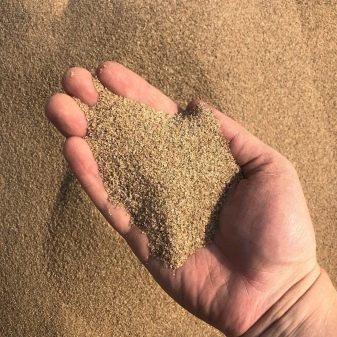
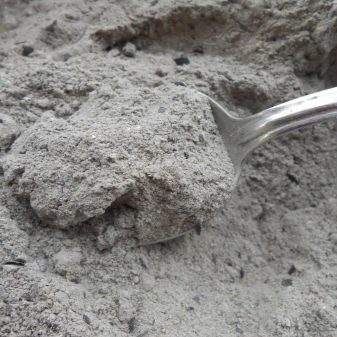
Diseases and pests
Sometimes the seedlings do not grow as expected, they look unhealthy. It is dangerous to let this process take its course, the reason for the impaired growth may be disease or the presence of pests. If you see that the seedlings are disappearing, you need to determine the cause. Yellowing of the leaves, when their edges wither and dry, indicates the presence of a disease. White rot, powdery mildew, root rot, spider mites affect the plant if it is overmoistened.
In this case, spraying with fungicidal agents must be done.
- The drug "Glyocladin" will help to cope with black bloom. First, the affected leaves are removed, healthy ones are processed after.
- Gray rot appears as brownish or grayish spots. It is necessary to sprinkle the affected areas with ash and stop moisturizing.
- If white and red spots appear, powdery mildew prevents the seedlings from developing. Again, ash and spraying with sulfur solutions will help.
- White rot affects the plant completely, dusting with fluffy lime and reducing moisture will help. Plants should be kept away from each other.
- The spider mite manifests itself as yellow dots, which gradually increase in number. The tick will gradually entangle all the plants from top to bottom and drink the juice. All insecticidal formulations work well against the pest, including Karbofos, Fitoverm, Agravertin and others.
- The melon aphid is also dangerous; it can settle on the ovaries, under the foliage. Plants dry, leaves curl. The larvae are removed using a cotton ball dipped in a soap solution. If the situation worsens, a double treatment with insecticidal compositions is carried out - after three days, repeat.
The appearance of pests can be prevented by spraying with water or diluted potassium permanganate.
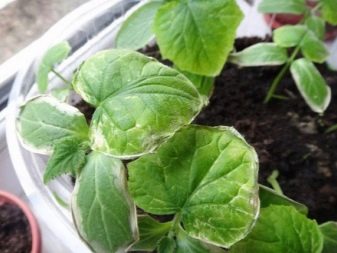
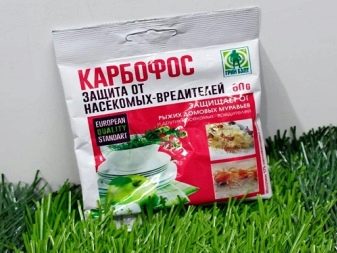
Most of the problems associated with diseases and pests are caused by violations of agricultural technology:
- ignoring the disinfection of seed material;
- violation of the amount and regularity of moisture;
- ignoring the stage of tillage;
- violation of the humidity regime in any direction;
- draft, problems with temperature changes;
- lack of light or excess of direct rays of the sun;
- lack of nutrition;
- overexposure of the plant in seedling containers.
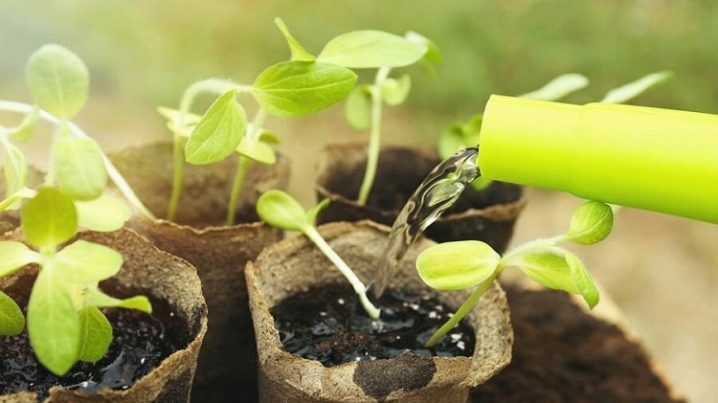













The comment was sent successfully.